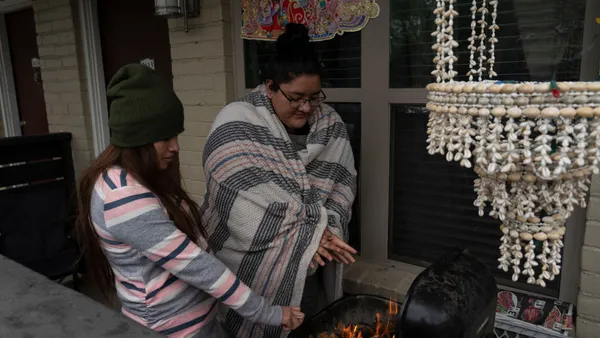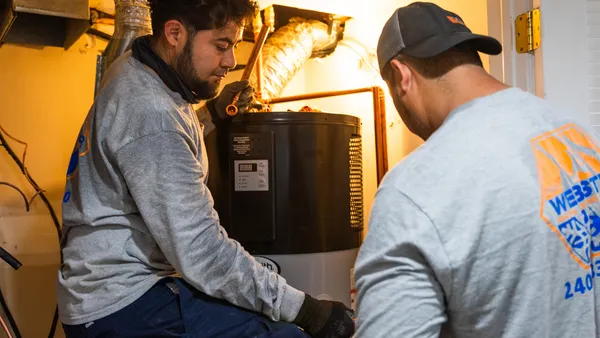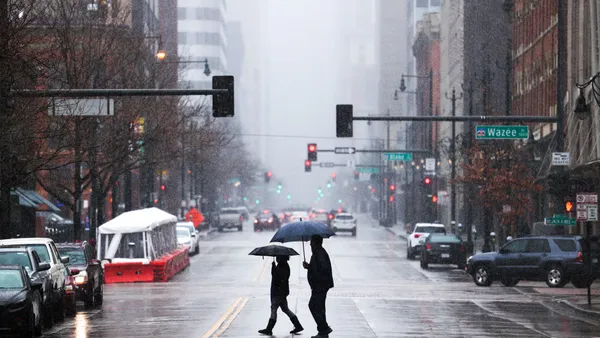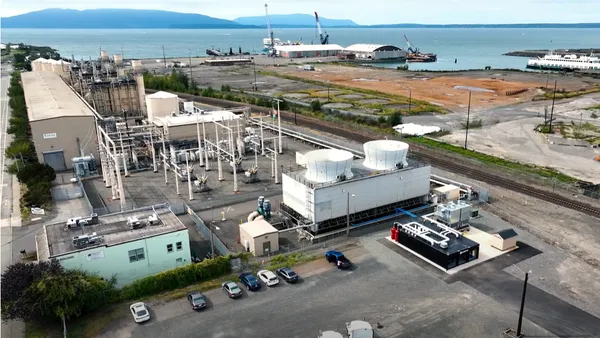Dive Brief:
- Massachusetts has a large shortage of affordable housing for its lowest-income residents — those earning 30% or less of the area median income — and it could worsen unless action is taken in the coming years to address expiring subsidies, according to a report from the Federal Reserve Bank of Boston. The report notes much of the state's current inventory of affordable housing is at risk of becoming unaffordable to renters in this income bracket and instead converting to market-rate housing.
- Twenty-five of Massachusetts' cities and towns are at risk of having all of their subsidized housing expire by 2025. Subsidies are set to expire on 9,110 units occupied by extremely low-income (ELI) households.
- The report estimates by 2035, Massachusetts will need between $853 million and $1.03 billion to preserve affordable units and increase the subsidized housing supply. It recommends seeking federal resources and fostering partnerships with nonprofits and private entities to prevent the state from having to foot the entire cost. It also recommends preserving expiring subsidies in smaller cities and towns, and prioritizing rental assistance in parts of the state with low rents and high market-rate housing inventory.
Dive Insight:
Massachusetts cities vary widely in their affordable housing supply, with much of it concentrated in urban and densely populated areas. The report suggests the state takes more action in smaller cities and towns where attention to affordable housing could be lagging. Smaller cities tend to have lower rents than urban areas, but low-income residents there still spend a disproportionately high amount of their earnings on rent.
The data about statewide affordable housing declines comes at an interesting time, considering the city of Boston just last month reported that 2018 was a boom year for its affordable housing creation and preservation. The city has been making strides because of leaders' intent focus on implementing programs and initiatives prioritizing affordable housing. That could again reflect the report's concern that affordable housing action is mostly occurring in urban areas.
The report mirrors the knowledge that America's housing affordability crisis no longer is contained in large cities and is spreading even to rural areas. Some leaders have been warning of this phenomenon. For example, last year the Salt Lake City Council passed a housing plan largely focused on creating affordable housing, urging other cities to follow its lead. The leaders warned that housing issues do not remain contained within municipal borders and one city cannot solve the affordability problem for an entire region.
The report cautions that local economies can suffer negative consequences stemming from a lack of affordable housing. Residents spending large portions of their income on housing have less money at their disposal for both necessary expenses such as food and health care, and non-essential expenses such as retail or entertainment. Less spending in all of those areas can drag down an economy, and even become more costly to local governments that must then provide additional assistance to citizens who can't make ends meet.











